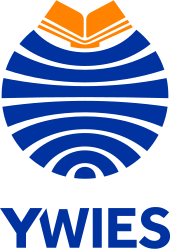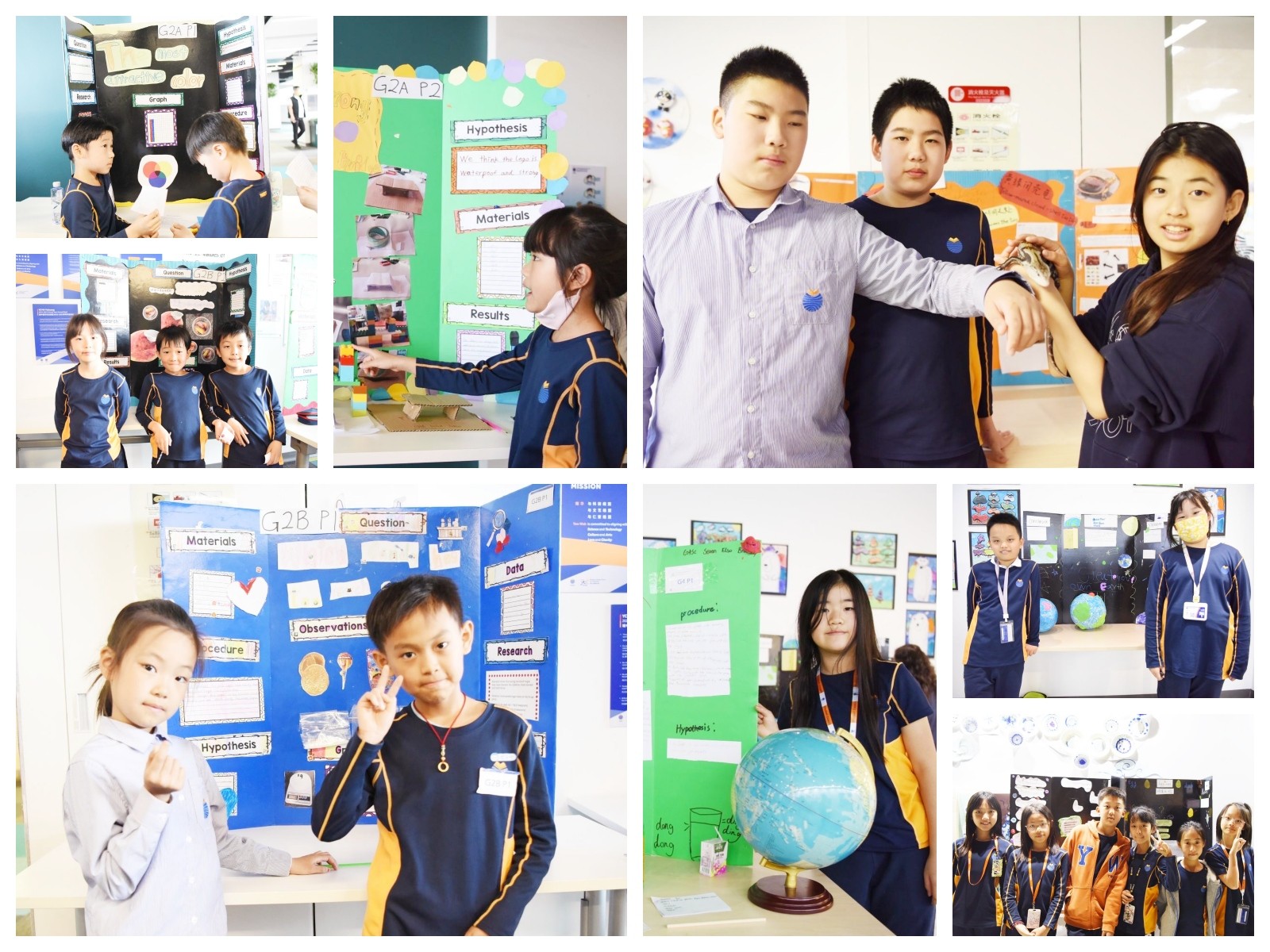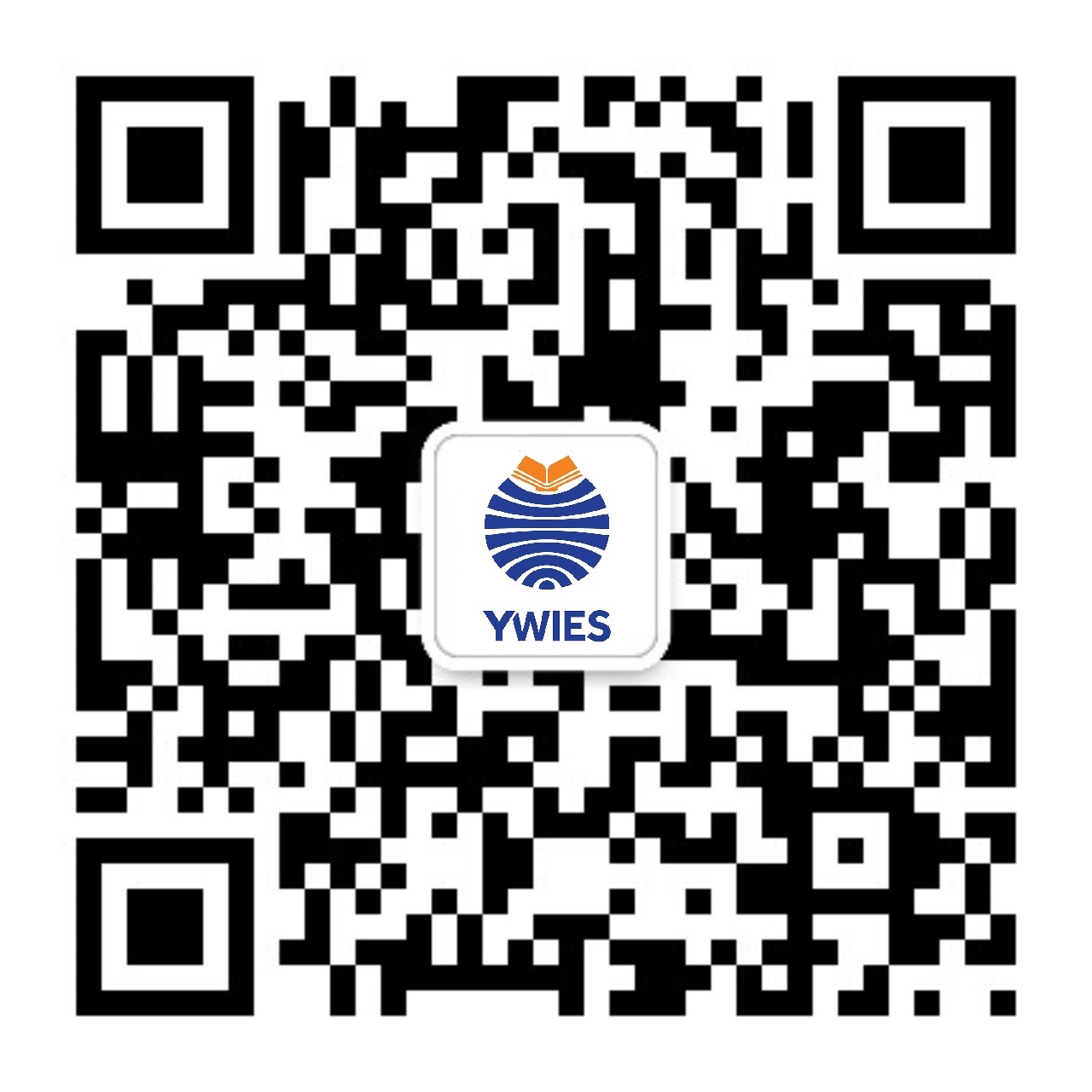Go Back
News
School News
Soil color, composition, and crops, what are these young scientists researching?
School News
02 May, 2023
11 : 59
What do your children like? What industry do they want to do in the future?
Astronomer? Geologist or archaeologist? Athlete?
Recently, YWIES Beijing ushered in a lively science fair. Students in each class are able to choose their own topics of interest, which are related to various industries. Let's follow the science fair to see the achievements of our scientists!
April and Mandy: Why is the color of soil different in China?
April and Mandy collected samples of soils from different provinces in China and found that the color of soils varied. Why is that? April and Mandy began analyzing soil samples and composition, and found the main components of the soil: 25% water, 25% air, 5% organic matter, 45% minerals. There are also differences in soil color at different depths, and different generations of soil contain different soil humus. Because of water content, the color of the soil will vary naturally.
April and Mandy also present soil sample maps and analyses in different parts of China. For example, the soil in the southern China is red, especially in Hunan, Jiangxi, central Zhejiang and other places south of the Yangtze River in China. There is a large area of red soil. The two young scientists also gave an overview map and analysis of what kind of crops are suitable for growing in the soil in these places.
G3: Crystal’s Growth and Formation.
The Crystal Art group from Grade 3 chose their topic they would be able to make art with shiny stones. The G3 and G4 Theme teacher, Joey, was impressed in the science fair and stated, “I really enjoyed that they learned the project was actually about crystal growth and formation. This fit perfectly in with our current Unit of Rocks and Minerals. They were able to set up comparisons where they look at the structure and makeup of the glass “crystals” they thought they would use and compare them to the structure of the actual amethyst crystals.
G4:Which writing utensil is better?
Grade 4 group chose a project they weren’t good at, “Which writing utensil is better?” They thought it would be a simple project and then quickly learned that they needed to interact more with their audience to give them options to test the different writing utensils they had on display. They tested the pens and keep a record of their opinions and then during the event, they collected more data from the other participants and found that the observations they made were similar or the same as the observations as others. They really enjoyed this and even won a category in the Science Fair and were very happy for their hard work and persistence pay off.
G5: the most harmful beverage for our teeth
A group of Grade 5 students recently conducted an experiment to determine the most harmful beverage for our teeth. They used tooth eggshells, which simulate tooth enamel, to test different drinks' effects on teeth. The students discovered that acidic drinks like soda, fruit juice, and energy drinks had a more damaging effect on teeth than less acidic drinks like milk and water. Through this project, the students learned about oral hygiene's importance in protecting teeth from damage and how regular dental check-ups can help prevent tooth decay.
G2 and G5 Theme teacher, Dumi, introduced that the Science fair's main theme was problem-solving and scientific knowledge, allowing students to develop critical thinking skills and creativity. Students were given broad ideas instead of specific topics, encouraging them to choose their own topics of interest. Some of the topics students chose included the amount of sugar in candy, the taste of pizza, waterproof bridges, the best erasers, and the formation of rainbows.
Science fair projects offer numerous benefits to students concerning scientific knowledge, communication skills, and critical thinking. By identifying problems, formulating hypotheses, designing experiments, collecting and analyzing data, and drawing conclusions, students learn the scientific process's fundamental skills. Moreover, science fair projects can also inspire students to pursue careers related to science.
The successful outcome of the science fair reflects the teacher's approach towards teaching scientific concepts, experimental design, and critical thinking skills necessary for creating successful science fair projects. Effective communication, guidance, and feedback helped students better understand the scientific method and apply it to their projects. Moreover, the teachers' organizational skills, creativity, and willingness to go an extra mile were crucial in helping students achieve success during the science fair.
Children have gone one step further in their favorite field. YCYW strives to create a high-quality learning atmosphere, so that children's interests can be seen, and space for them to explore, to accumulate knowledge, and to lay a solid foundation for their future interests. Along with our students, YCYW teachers and student build up learning communities and partners together on the way to students’ growth.







